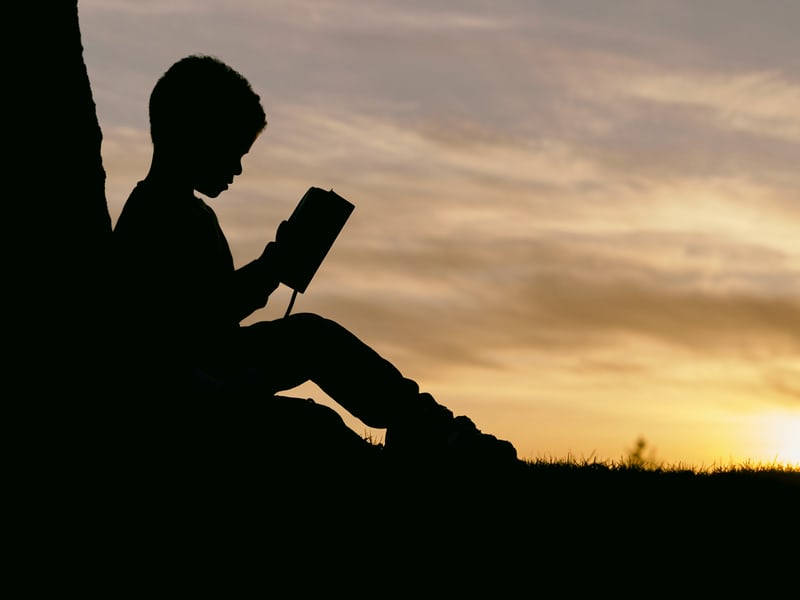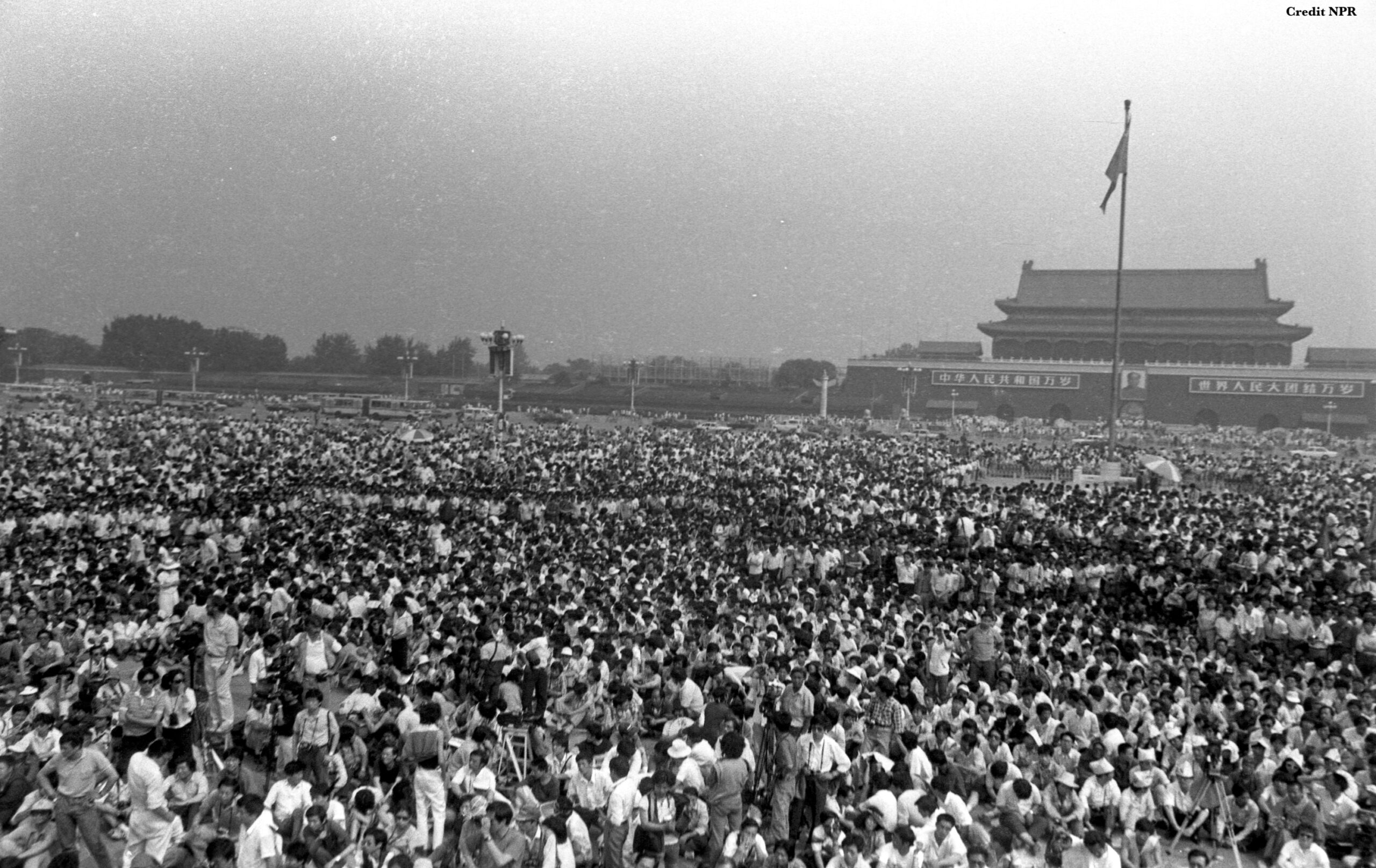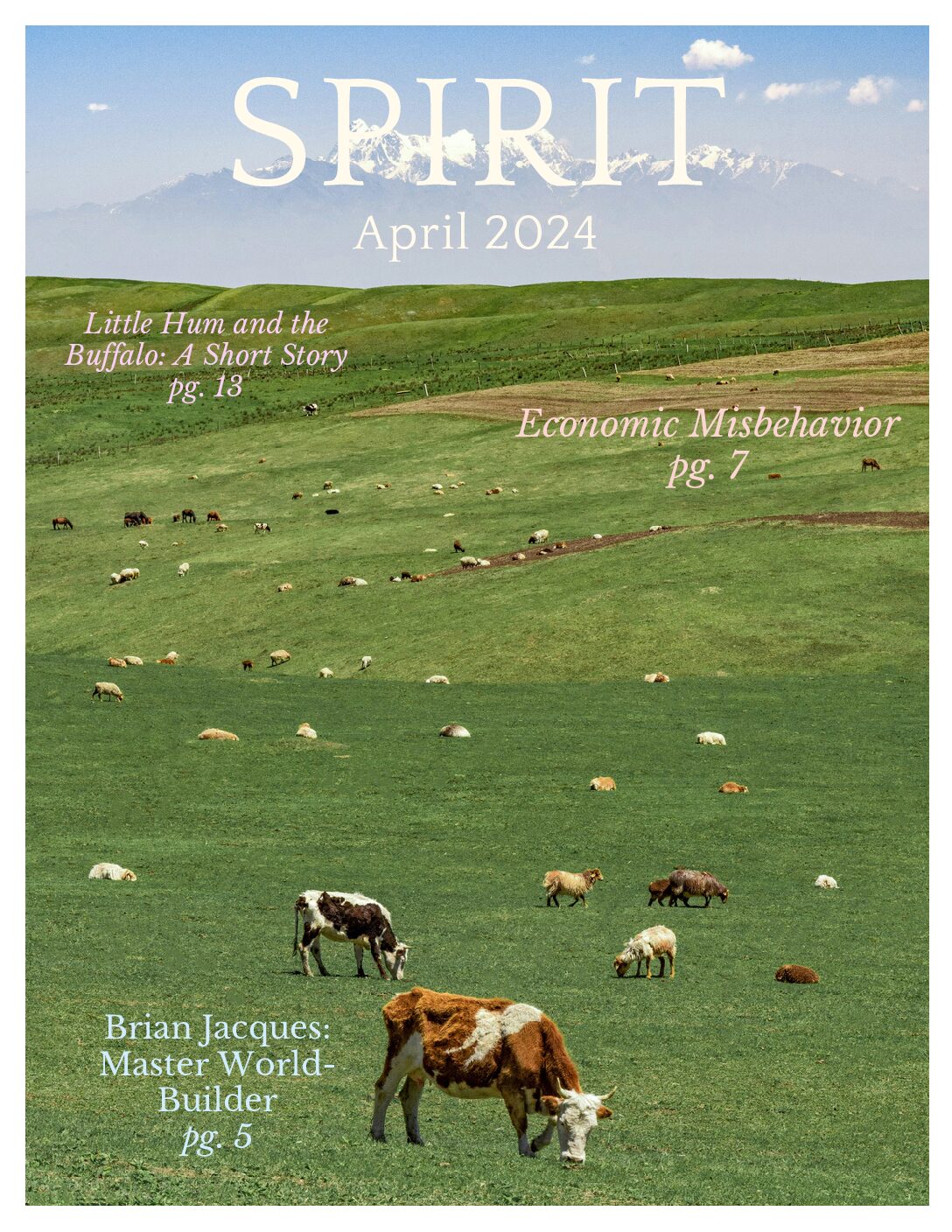Education – The Great Equalizer


Education: The Great Equalizer – By Jaanu
Walk into a preschool in pauperized Queens or a primary school in elegant Tribeca and you will see much of the same thing. You will see toddlers babbling during circle time and teachers handing out snacks; you’ll see crying and scuffling and smiling. The difference is that Tribeca kids go home to stately mansions and parents who earn a minimum of half a million dollars annually. The home lives of these students seem to be light years apart. What, then, makes them the same at school? Education is the equalizing power that breaks the cycle of poverty, inspires youth the climb the social ladder, and empowers them to provide  for generations to come – no matter where they, the students, start out.
for generations to come – no matter where they, the students, start out.
I’m reminded of A Tree Grows in Brooklyn, a novel by Betty Smith, readers are introduced to Francie Nolan, an intelligent but impoverished young girl from Williamsburg, Brooklyn.
The family in the story, Johnny and especially his wife Katie Nolan, hope desperately for a better future for Francie and Neeley than they themselves have. They try to save money to educate the children and put them through high school, but each step forward brings them two steps back; life continually gets in the way. Without a change, Katie knows, the children will slave away all their lives and die as poor and uneducated as their ancestors. She begs her wise mother for advice and learns that “the secret lies in the reading and the writing. You are able to read. Every day you must read one page from some good book to your child. Every day this must be until the child learns to read. Then she must read every day, I know this is the secret”(Smith).
It is only years after this conversation that Katie truly understands and passes forward the wisdom she has gleaned to her children – the difference between the poor and wonderful people in their neighborhood and the rich and boorish is education. Francie does indeed begin to read, and books open new worlds for her. She thinks bigger than her peers, is more sensitive, and ultimately more successful because of education. The local bar owner’s wealthy daughter, Irene, is presented as a foil to Francie; though Irene is far richer, Francie is able to rise to her social level because she is educated. Francie gets a job and goes to summer school; the extent of the power of education is revealed to her when “a thunderous thought came to her. ‘My grandparents never knew how to read or write. Those who came before them couldn’t read or write […] My parents never even graduated from grade school. I never went to high school. But I, M. Frances K. Nolan, am now in college. Do you hear that, Francie? You’re in college! Oh gosh, I feel sick’” (Smith).
 Education helps, no, pushes, students up the socio-economic ladder no matter what rung they start on. Whether it is 1916 or 2016, knowledge helps even out the playing field.
Education helps, no, pushes, students up the socio-economic ladder no matter what rung they start on. Whether it is 1916 or 2016, knowledge helps even out the playing field.
Horace Mann’s prophetic words, “education is the great equalizer,” is true by all accounts. It matters not that a child is poor and that he or she lives in a tiny, cramped tenement house if they are allowed access to education; education makes that child as powerful as a Brooklynite of Tribeca. Knowledge is knowledge is knowledge, and that is something that will never change.









